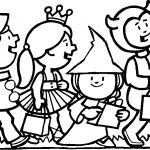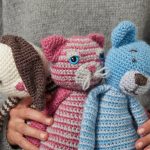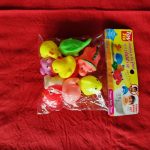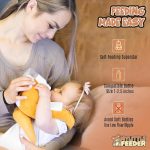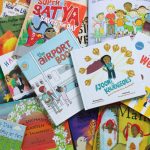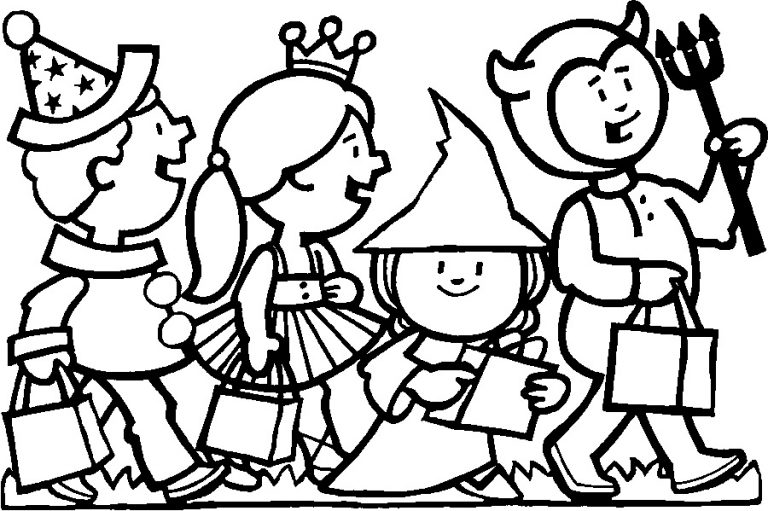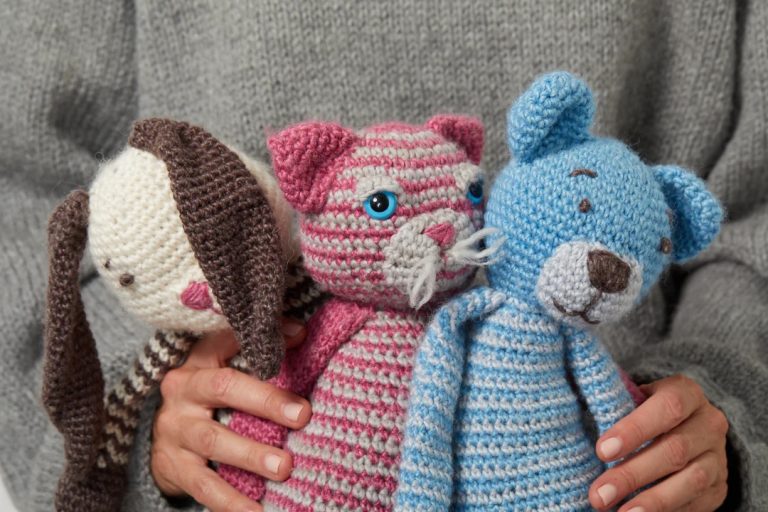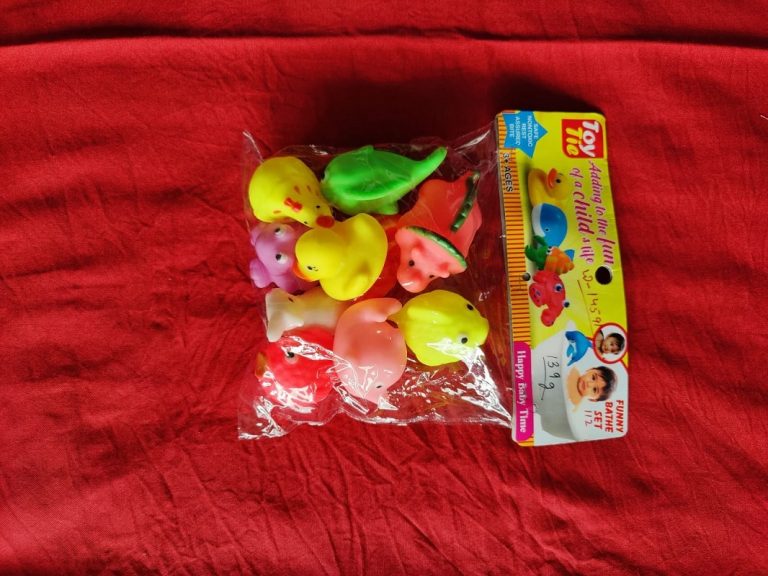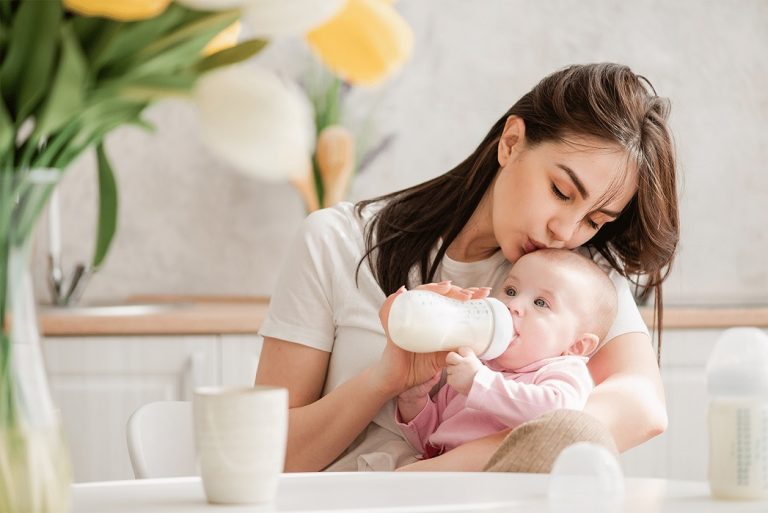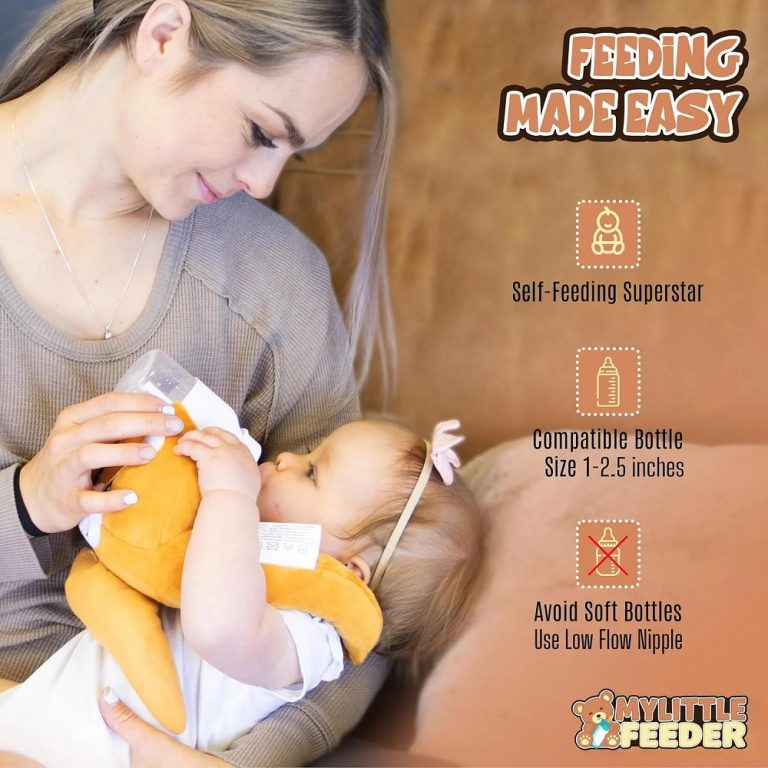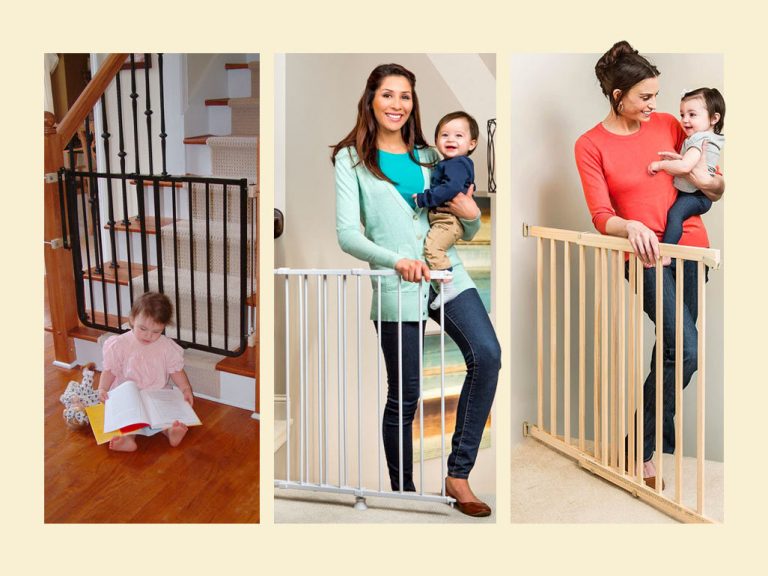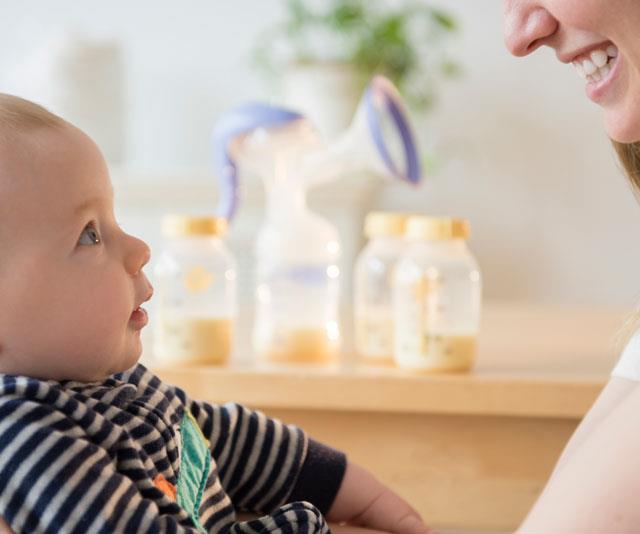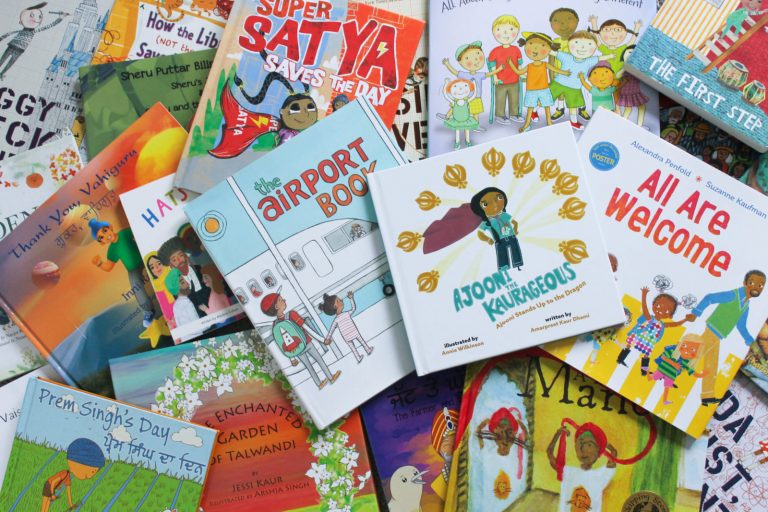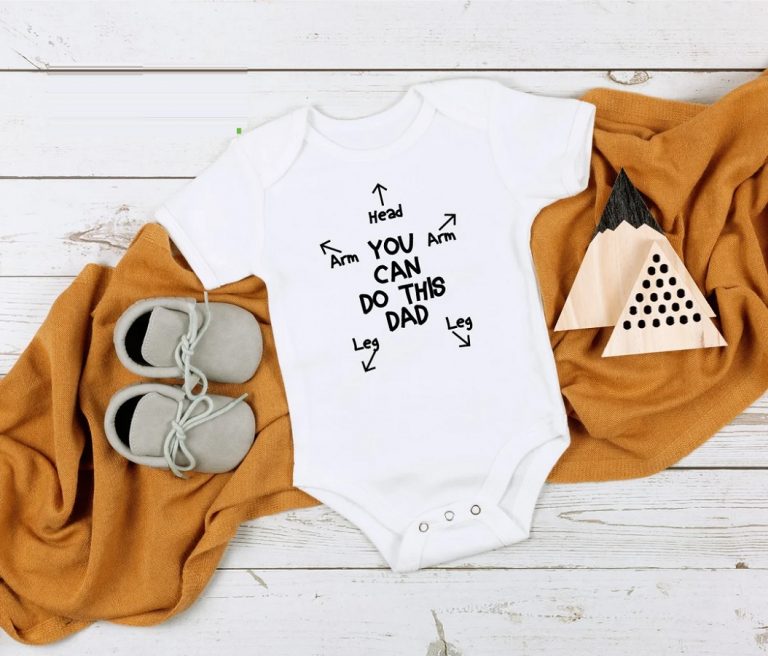If you are a parent of young children and have found them including the subject of coronavirus in their play times, you are not alone. Covid-19 has greatly changed the way many families around the globe have been living for over a year. Some families are staying at home as much as possible and only going out when absolutely necessary. Many are now working full time from home. Some families have been devastated by the coronavirus physically, financially and mentally. The subject of the coronavirus has entered into the world of children around the globe and many parents are catching their kids enacting hypothetical coronavirus-themed situations at home.
Susan Rivera, a mother of two in Los Angeles, found her 5 year old son James collecting various items like berries, twigs, pine cones and mud in a bucket in their backyard. When she asked what he was doing, he replied saying, “I’m working on a covid-19 vaccine—I think I’ve almost got it.” The following week, James asked her to come have a seat at the doctor’s office that he had set up in the living room. After asking her how she was feeling, if she had been in contact with anyone that was sick or if she was feeling sick at all herself, he proceeded to take her temperature by pointing a remote control at her forehead. “Mom! You’re sick with the coronavirus!”, he declared. “You’re lucky that I’ve got the vaccine. Wait right here!” As children have been repeatedly hearing all the safety protocols over many months regarding covid-19 such as social distancing, hand-sanitizing, mask-wearing and working from home, it’s not surprising that the subject has found its way into their play.
Adults have developed the ability to easily communicate their feelings and concerns verbally. For young children, who have yet to develop their verbal skills to communicate more complex ideas like feelings, it is normal for them to process their thoughts through pretend play.
“Pretend play is important for children to develop practical life skills such as emotional management and social interaction”, says Ginny Lam, president and CEO of The World of Kidtropolis. “These are skills that cannot necessarily be taught by caregivers, but rather skills that the child develops on their own. A large part of a child’s development is gained through meaningful play. By actively playing freely, a child begins to construct many of the foundational life skills that they need to progress through their life successfully.”
Instead of voicing out feelings like joy, sadness, anger and happiness directly to adults with words, children will often express their feelings as they play with their toys. If a child has experienced trauma such as the hospitalization or death of a relative due to covid-19, they may reenact the events (sometimes repeatedly) to help process their feelings and accept the events that have taken place. Similarly, if a child was kept at home for months and was overjoyed to have the opportunity to go back to school, they may reenact themes of togetherness and joyfulness in their play. Because children are in control of how situations play out in their imaginary worlds, they are able to create a real sense of comfort and security that they can feel.
If you are noticing coronavirus-themed play in your children, there may be some ways you can respond to help the kids in your life express their feelings. A good place to start may be to ask some basic questions to get a sense of what they might be thinking before making any judgments. For example, you might ask “What are your toys working on?” or “What are you building here?”. From there you may proceed to make some observations about some feelings that may be coming up in their play such as “Your toys look like their are scared of something” or “that toy seems angry”. With some gentle interactions and time to build up some trust, your children may feel more comfortable sharing their feelings.
To aid in healthy pretend play where children can have the time to process their feelings, there are a couple other ways we as parents can help. Generally, the more we can provide periods of routine and consistency in their everyday life, the more they are able to feel a sense of security and stability. This may include a consistent bed time routine, a steady meal time and daily exercise. If the weather permits it, outdoors in a different environment with fresh air and lots of space to be active is very beneficial.
As the situation with covid-19 is still very uncertain, especially with mutations and new strains being spread around the globe, it’s inevitable that children will incorporate the coronavirus as a theme in their pretend play if they are not already. The subject may become a bigger part of their play time or it may decline. As children play, they are freely expressing their thoughts and how they may be feeling. It is important for guardians and adults to know that this is normal and healthy, and that we can help them process their feelings through play by providing a safe place, gentle interactions and consistent routines.

